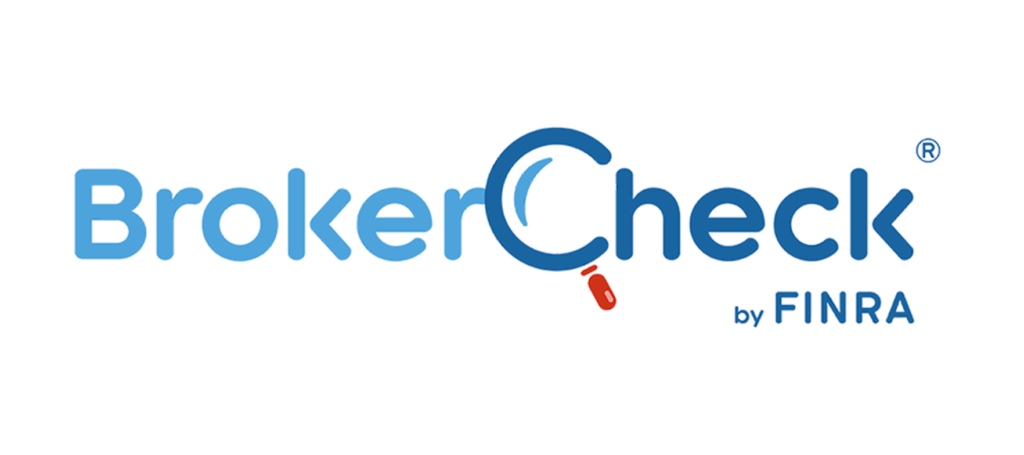- Personal
- Business
- Insurance
- Financial Management
- About
March 22, 2022

Millions of Americans upgrade their primary vehicle every year—and when they do, they must make the decision between leasing a vehicle or buying it outright.
Proponents of both leasing and buying may fiercely debate the merits of one option over the alternative, but the reality is that both leasing and owning a vehicle may offer advantages to consumers, depending on their finances, their personal preferences, and the reasons they’re seeking a vehicle in the first place.
Are you in the market for a new vehicle but unsure of how you’d like to finance that vehicle? Here’s what you need to consider as you determine whether you prefer to lease or buy a car.
The biggest argument in favor of car ownership is that, when you buy a car, you get more value out of that acquisition over time. Although the vehicle will depreciate in value over time, your loan payments during that time build equity in the vehicle.
Plus, once your loan is paid off, you won’t need to make any more payments—you fully own the vehicle. This is much different from taking on a lease, which means you’ll always be making a monthly payment for that vehicle. If you change vehicles every few years anyway, this difference might not matter. But if you have a history of holding vehicles for a long time, a fully paid-off vehicle could be a boon for your finances.
Both auto loans and leased vehicles offer a fixed monthly payment. But the costs of leasing are even more reliable because leased vehicles are typically low on miles and therefore less likely to need significant maintenance or repairs.
If you’re buying a new vehicle, this difference might not be significant early on—especially because most major repairs will be under warranty. But lease agreements may offer additional coverage for certain types of services, which could result in slightly lower costs.
When you lease a vehicle, you may be faced with certain restrictions, including the number of miles you’re allowed to drive over the course of that lease. If you drive the vehicle above this limit, you may be subject to additional fees.
An owned vehicle, in contrast, is yours to do with as you please. If you plan on logging a lot of miles, leasing may not be as advantageous given the premium you’ll have to pay for this additional wear and tear.
As onboard vehicle technology has evolved rapidly over the past decade, leased vehicles have been attractive for their ability to give drivers access to the latest and greatest features.
This is a risk you take on when you buy a car outright, because the features—ranging from material comforts to safety ratings—may age quickly. It’s impossible to tell the future, but based on the way vehicles have modernized in recent years, you’ll need to be prepared for your owned vehicle to feel very outdated a few years down the road.
Thanks to the equity built up in an owned vehicle, consumers looking to upgrade will have a head start on affording a down payment for their next vehicle. When it comes time to upgrade, you can trade in your vehicle for a lump-sum credit toward your next purchase.
When you lease, that equity isn’t available—which means you’ll be forced to pay the full price if you ever decide to switch from leasing to owning.
Every vehicle incurs some level of damage through regular use. Small scratches and minor dents, wear on vehicle interiors, and early signs of corrosion and rust are inevitable on any vehicle.
When you own your vehicle, those small forms of damage will likely increase over time, and may lead to additional repairs over the lifespan of the vehicle. But most lease agreements allow for “fair wear and tear,” which means these incidental types of damage won’t incur a cost at the end of your lease term. While regular wear and tear will eventually cost vehicle owners one way or another, leasees won’t have to stress about the small stuff.
Given the benefits and potential drawbacks that can come with either leasing or owning a vehicle, it’s in your best interest to weigh these pros and cons based on your unique circumstances as well as the benefits and conveniences that matter most to you. Even if you have a history of only leasing or buying, it’s worth taking some time to make sure this approach still makes sense given your current situation.
Planning to lease or buy a car, but still working to pay down your debt? Download The Definitive Guide to Paying Off Credit Card Debt today.

© 2025 FSCB - All rights reserved Bank NMLS 412605 Backed by the full faith and credit of the U.S. Government. First State Community Bank is not registered as a broker-dealer or investment advisor. Investment products and services are offered by First State Financial Management through the registered broker-dealer NBC Securities. Any products and services offered by FSCB are separate and distinct from those offered through NBC Securities.


FDIC-Insured - Backed by full faith and credit of the U.S. Government

© 2025 FSFM - All rights reserved Securities and advisory services offered through NBC Securities, Inc., a Registered Investment Advisor. Member FINRA/SIPC. FSFM is a subsidiary of First State Community Bank. The FSFM name is used by certain employees of First State Community Bank who offer securities, advisory and insurance products and services through NBC, Securities, Inc. NBC Securities, Inc., is under separate ownership from any other named entity. Not Bank Guarantee ▪ May Lose value ▪ Not a Bank Deposit ▪ Not insured by FDIC or Any Other Government Agency NBC Securities, Inc., Client Relationship Summary

%201.png)
Copyright © 2025 First State Insurance Agency, Inc First State Insurance Agency is an affiliate of First State Community Bank due to common ownership. Not a deposit, not FDIC insured, not insured by any government agency, not bank guaranteed and may decrease in value.

